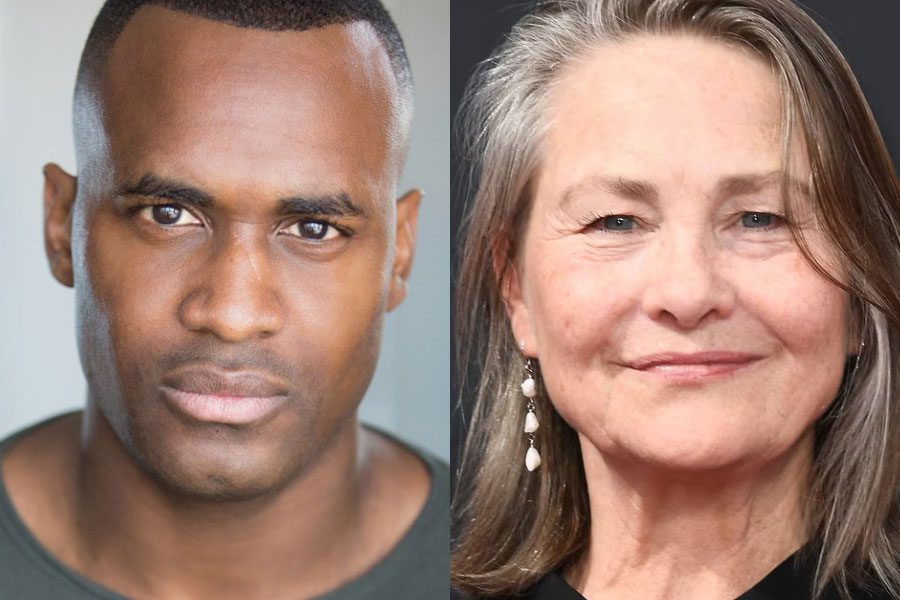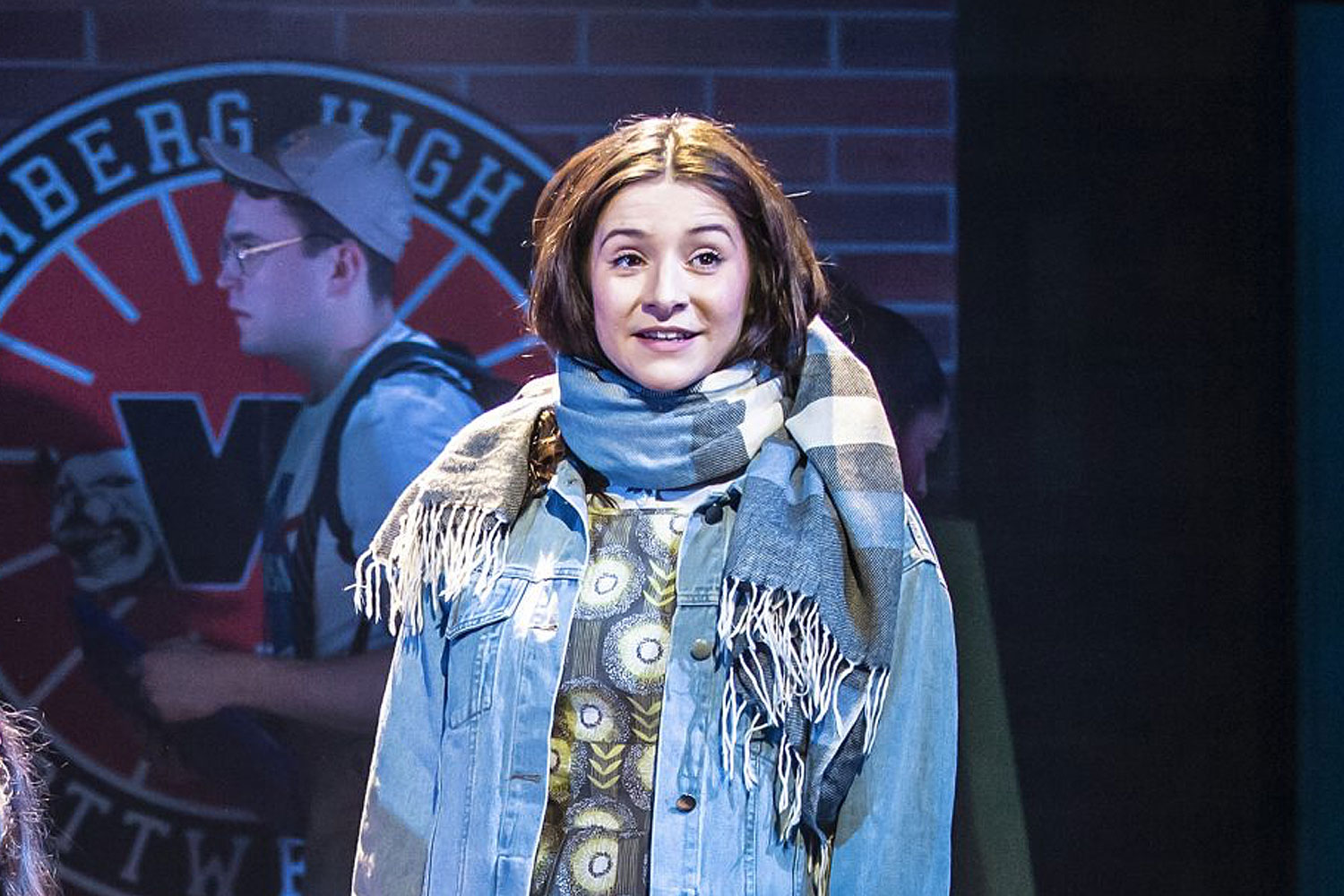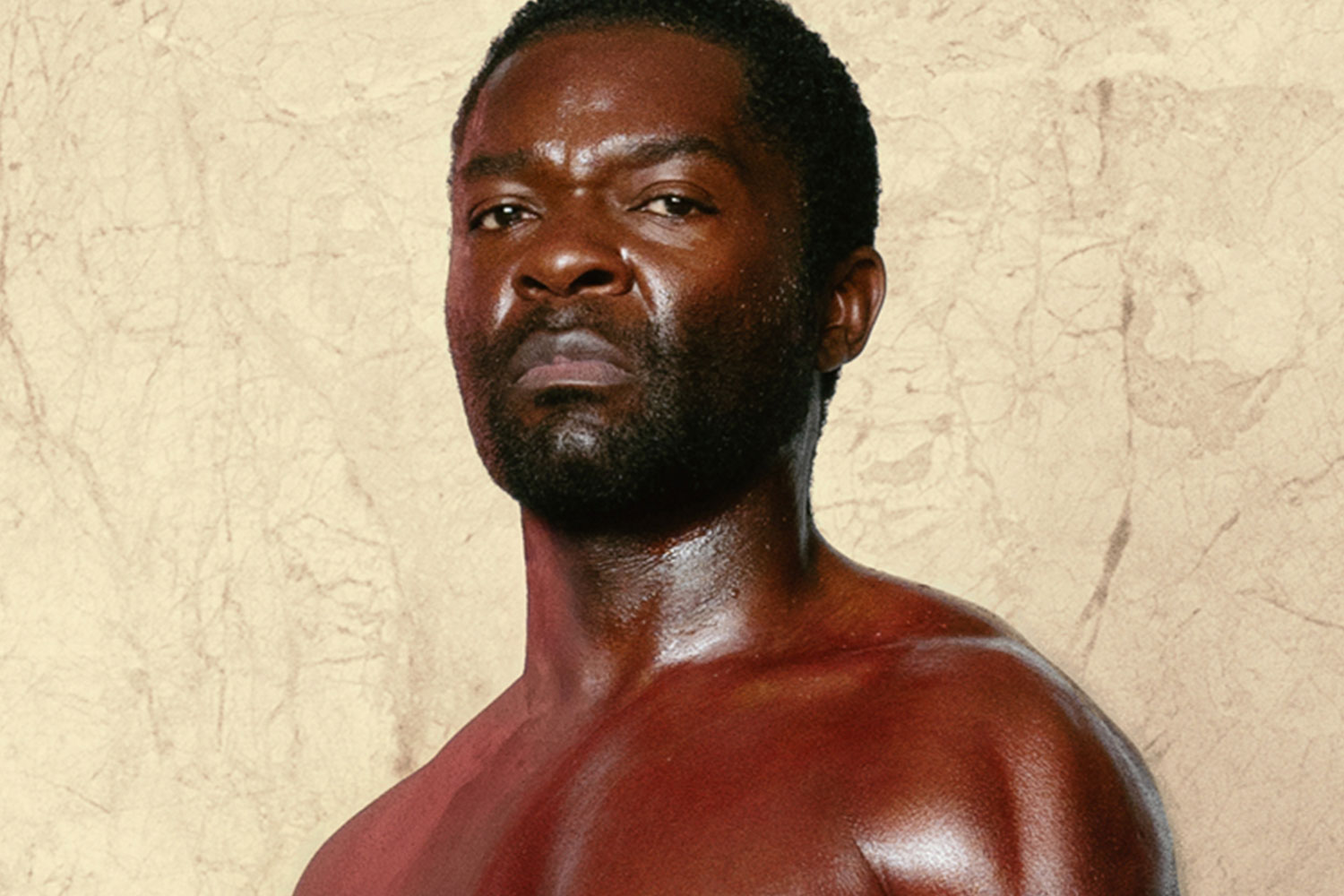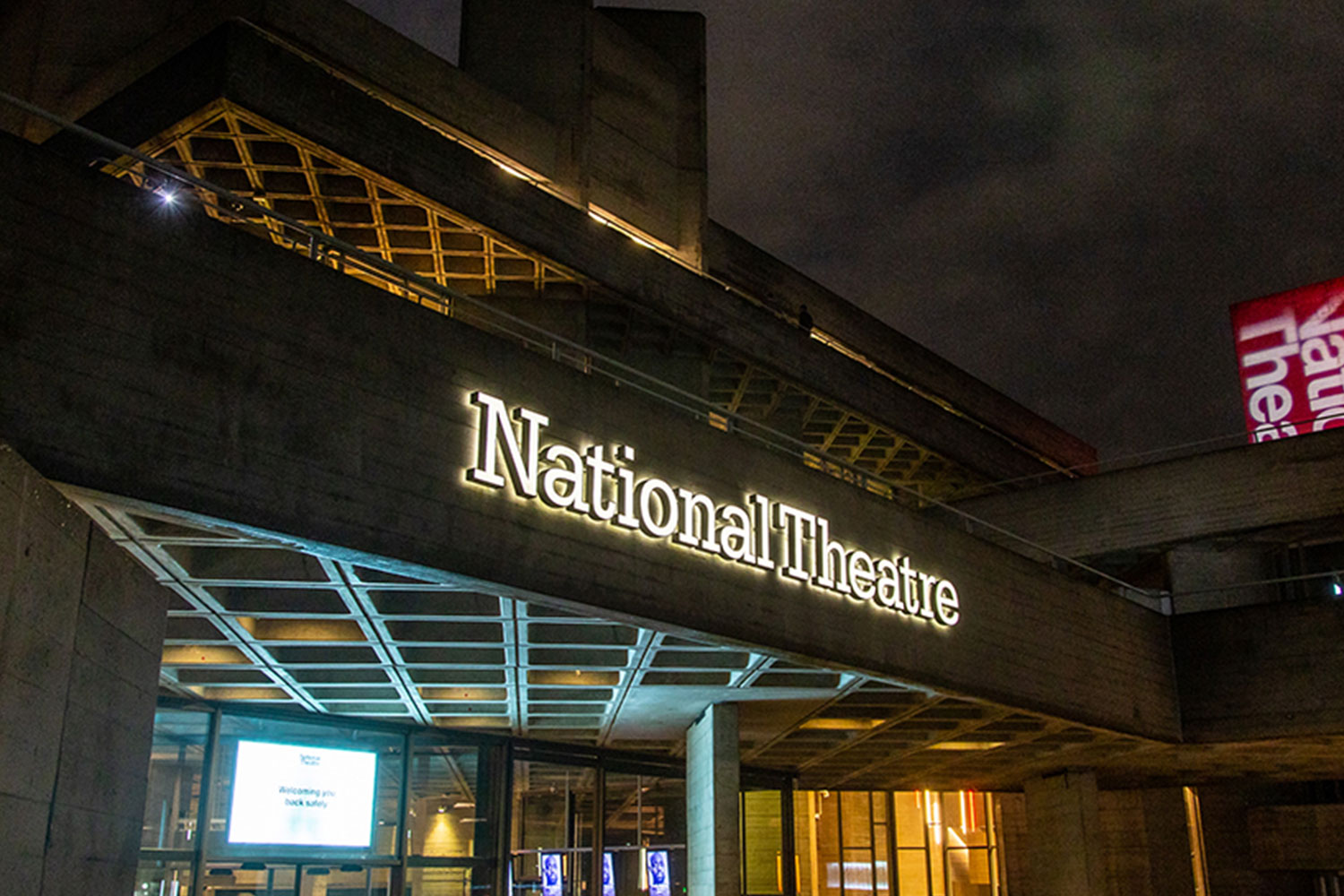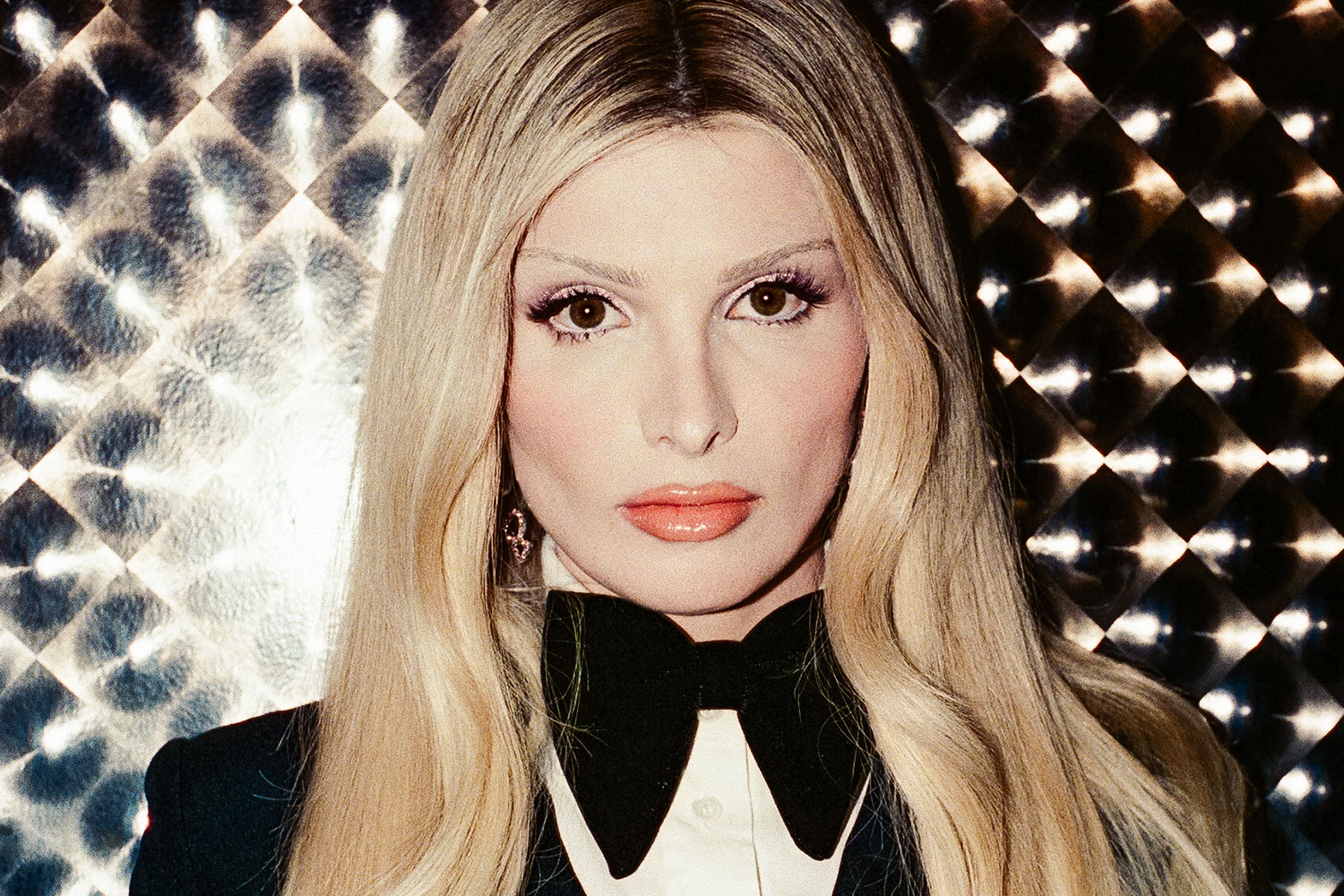Copenhagen (tour)
For Copenhagen, Michael Frayn has chosen subject matter that is anything but frivolous. The play speculates about what transpired at a meeting in 1942 between Niels Bohr, who first applied quantum theory to the atom and created the complimentarity theory, and Werner Heisenberg, originator of quantum mechanics and the uncertainty principle.
Bohr (a Dane, played by David Horovitch) and Heisenberg (a German, played by Alexander Hanson) worked closely together in the
1920s and 30s. Bohr, the elder of the two, was a meticulous thinker who felt the need to understand each step on the road whilst Heisenberg was fast in
his calculation, always believing that “success sanctifies the means”. The play
also turns the spotlight on Bohr’s wife, Margrethe (Anna Carteret), who is at once an insider and an observer.
At the time of the 1942 meeting, Denmark was occupied by the Germans, the
holocaust was underway and the majority of Europe’s theoretical physicists (who were Jewish) had fled to Britain and America. On both sides of the
war, scientists were working feverishly on the nuclear fission process that would lead to the creation of the atomic bomb. The community that had earlier created a renaissance of theory and thought was torn asunder and forced to concentrate on destruction rather than discovery.
Within the framework of these facts and the real-life characters, Frayn has built an incredibly powerful play. By taking two men at one of the most critical junctions of human development (the dawn of the atomic age), he manages to explore a range of very large, and fundamental, questions. Questions of patriotism, war, moral choice, friendship and chance.
The first run-through of the meeting leaves the issue of what was said in
private unanswered and looks more closely at the individuals. How do two
friends get on when their countries are at war? We see Bohr under threat in his
beloved occupied homeland and Heisenberg proud of his country but not what it’s doing. Frayn then explores several possible scenarios of what might have
happened – each starts and ends the same way but explores a different ‘what if’. When we realise how small a difference was needed to give Germany the bomb first, the moment is truly chilling.
The trio of actors are required to learn large quantities of complex and intricate text,
using words and phrases that they can hardly find familiar but which, if misplaced, can obliterate meaning. The choreography of their movement is hardly less complex; each gesture must be measured and very precise in order to work with the lighting and
set. Under the pressure of these demands, the cast has to produce a coherent, comprehensible whole that can hold an audience – and they do. Hats off to all three for their precision, verbal dexterity, authority – and compassion too.
For the first time in a long while, a play both entertained me and left me racing with ideas. This is truly good theatre.
– Robert Iles (reviewed at the Oxford Playhouse)
To read a review of the previous West End production of this play, click here.



